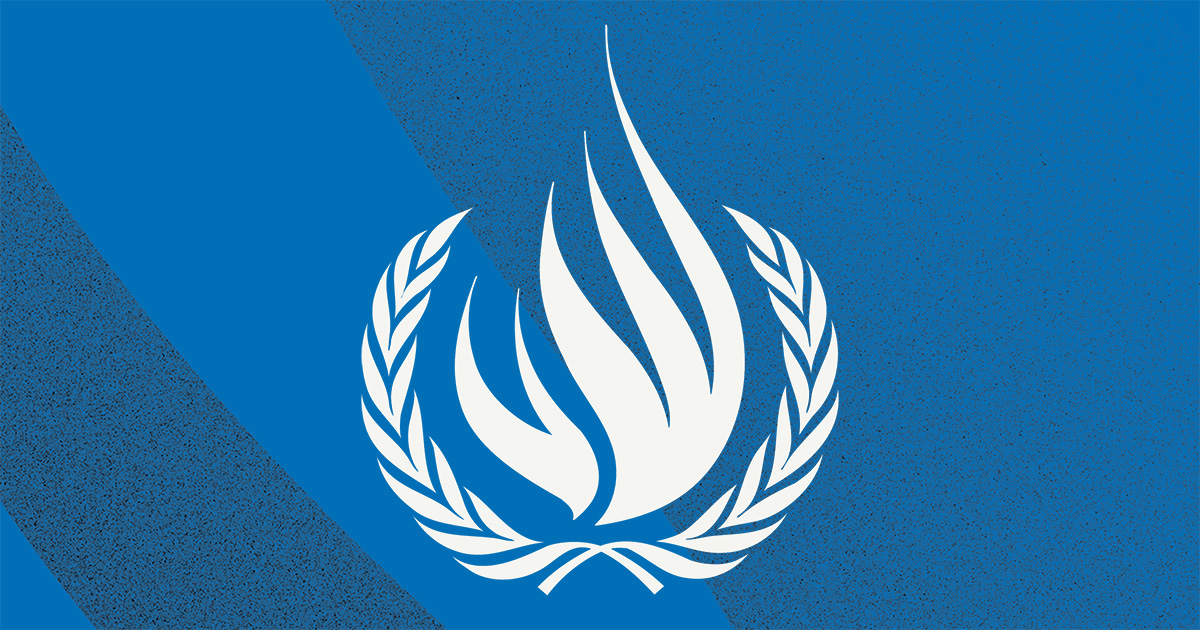
When world leaders address UN forums, especially the General Assembly (UNGA), they raise issues that are important to their domestic audience. Turkish President Recep Tayyip Erdogan did not break this tradition.
On Sept. 24 at the UNGA, issues he emphasized included Israeli expansionism, reform of the voting system in the UN Security Council (UNSC), several aspects of the Syrian crisis, proliferation of nuclear weapons, President Abdel Fattah El-Sisi’s rule in Egypt, and the plight of Muslims in Myanmar, Gaza, Kashmir and Afghanistan. The only visible exception was the plight of the Uighur minority in China’s Xinjiang province.
Erdogan rightly devoted more time to the Syrian crisis, and said Turkey was the country that dealt the deadliest blow to Daesh. One the most concrete defeats that Daesh suffered was when Turkey carried out Operation Euphrates Shield in Syria. Erdogan said Turkey was the world’s leading country in identifying and deporting Daesh terrorists. This was the natural result of the high number of Daesh terrorists who used Turkey to enter Syria.
Turkey has so far spent $40 billion on Syrian refugees, far more than any other country. Erdogan brandished a banner of infant Syrian refugee Alan Kurdi, whose drowned corpse was found on Turkish shores when a boat smuggling refugees to Greece was shipwrecked in 2015.
Erdogan said his country has settled 365,000 refugees in the northern Syrian city of Jarablus, which is under Turkish military control and administered by Turkish officials. If Turkish-US negotiations to set up a “safe zone” in Syria are concluded to Ankara’s satisfaction, and its width can be extended as far as Deir Ezzor and Raqqa, Erdogan said up to 3 million more Syrians could be resettled in the zone.
This would be an ideal solution for Turkey, but it has shortcomings. Firstly, the US will probably oppose a deep Turkish incursion into territory that Washington wants to keep under the control of the Syrian Democratic Forces, whose backbone is the Kurdish People’s Protection Units (YPG).
Turkey has so far spent $40 billion on Syrian refugees, far more than any other country
Yasar Yakis
Secondly, these areas — especially east of the Euphrates River along the Turkish-Syrian border — are predominantly inhabited by Kurds. In a statement before his departure for the UNGA, Erdogan said: “We have to clear the region (northern Syria) of terrorist organizations and return it to its original owners. And the original owners are mainly Arabs.” If this rule also applies to areas predominantly inhabited by Kurds, they will probably oppose the settlement of non-Kurds in their regions.
Thirdly, housing 3 million refugees would cost around $30 billion. Such a huge sum is not easy to find.
On Israel, Erdogan displayed several boards showing how the country enlarged its territory to the detriment of Palestine and Syria in 1948, 1967, and now with Prime Minister Benjamin Netanyahu’s stated intention to annex large parts of the West Bank. Netanyahu responded: “He who slaughters the Kurds and denies Armenian genocide should not preach to Israel.”
On Egypt, Erdogan condemned the death in a courtroom of former President Mohammed Morsi, and the government’s refusal to give him a proper burial. Egypt’s mission to the UN said this was a “desperate attempt” by Erdogan “to divert attention away from the deterioration of his regime, and the successive losses he suffers both at the party level and on the Turkish internal and international arena.”
Erdogan repeated his opposition to the UNSC’s voting system, saying “the world is bigger” than the council’s five permanent members, who hold veto power. On nuclear power, he said: “Either it should be banned for all or allowed for all.” As expected, his address was received with enthusiasm by pro-government media in Turkey.












